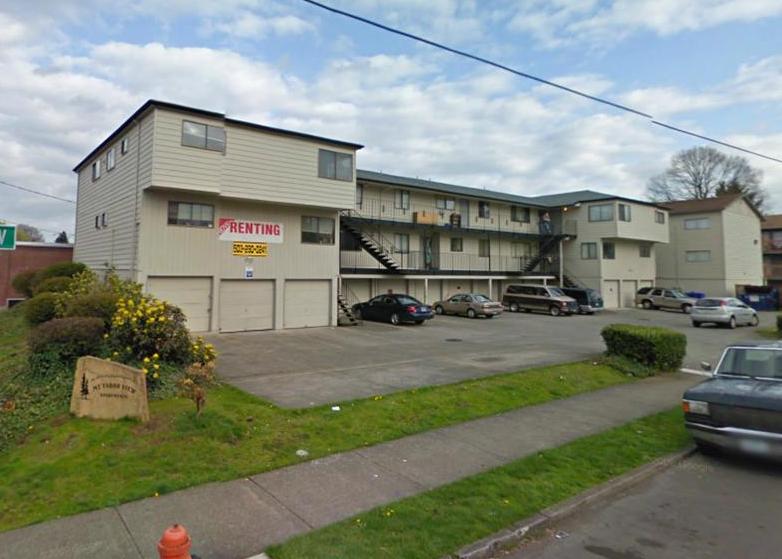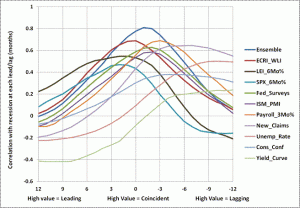Mark Dow’s Behavioral Macro blog has a great post illustrating some of our most persistent cognitive errors in real time. The sad thing is that our cognitive errors tend to magnify under pressure which must have worked back when we were dodging saber-tooths out on the savanna but doesn’t help in our current culture which is built on the (mistaken) idea of rational actors doing what’s best for them. Here’s Mark:
Big, Fat Cognitive Illusion (and all of us are more Greek than we think)
Joe Wiesenthal at Business Insider put out a quick post this morning on the Pew Research Center study, “European Unity on the Rocks”, released today. It is an eye opening read.
To start with, it strongly supports the working hypothesis of many that the political forces now unleashed in Europe are centrifugal, not centripetal. This reality makes betting on solving the crisis through a deepening of the EU a longshot whose odds are getting longer by the day.
The main thing the report underscores to me, however, which is also jumps out from Wiesenthal’s post, is the extent to which human nature is gifted in self-deception, especially when under duress. But more on Europe below the fold. First, a word on behavior.
Starting about 15 years ago, I developed a strong interest in behavioral economics and evolutionary psychology. This came about when I started working in asset management and realized (1) how poorly economics was served by the assumption of ‘man as a rational maximizer’ and (2) how emotional and inefficient markets really were.
In the literature I ran into four takeaways time and time again. Specifically:
- We overestimate our abilities, our uniqueness, and our objectivity, even more so when under emotional strain. We have all seen the studies: 90% of people say they are above average drivers. Rarely do people think those around them work harder or better than they do. And so on…
- We systematically understate the role of ‘random’. We crave order, and we are willing to torture the facts to get there. But sometime things just happen, and sometimes problems don’t have solutions. No fundamental cause, no guilty party, no concrete answers. Moreover, on the up side, when random does break our way it’s appropriated as skill. The investment world is shockingly bad at separating outcome and process—yes, even those who drone on and on to prospects about their processes.
- People will find a way to believe what they are incented to believe. As the saying goes, “The most dangerous place to stand is in between someone and what they want to believe”. In my experience, it’s hard to overestimate the power of this statement. Starting with the conclusion and reverse-engineering the supporting arguments is central to the human condition and, surprisingly, serves and important role in our evolution.
- When presented with points 1, 2, and 3, almost everyone recognizes their validity, but believes at some level that he/she is exempt. The typical reaction is “Yeah, for sure, of course that’s how [other] people act”. It is always easier to see others’ mistakes than one’s own. And this is one of the reasons we have a very hard time changing our cognitive biases. All of us.
Now, back to the Europe and Greece.
Here’s the table that was screaming of self-deception: Continue reading Our Big, Fat Cognitive Illusion PLUS free campaign template for always getting elected



